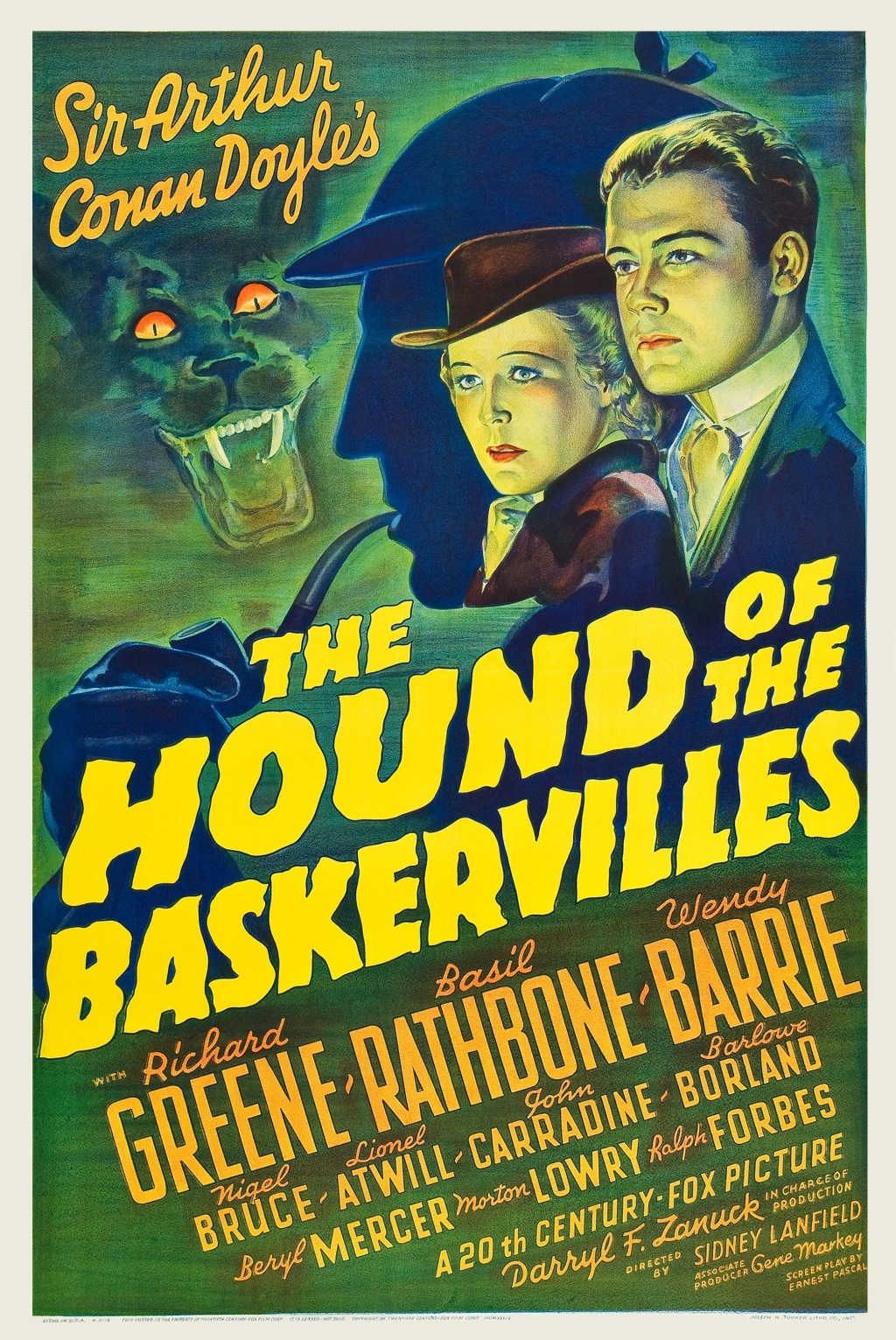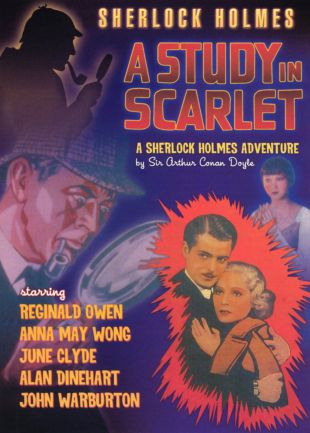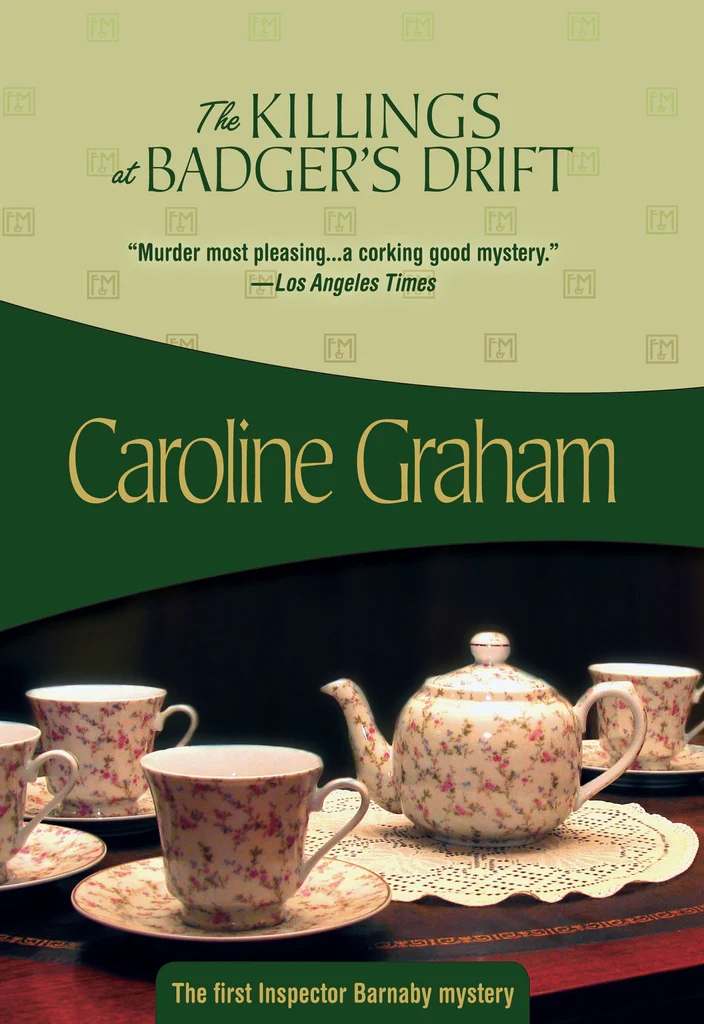
Originally Published 1934
Perry Mason #4
Preceded by The Case of the Lucky Legs
Followed by The Case of the Curious Bride
Arthur Cartwright insists on seeing Perry Mason about his neighbor’s constantly howling dog. When Mason gets a district attorney to issue a warning to the neighbor, Clinton Foley, Foley claims that Cartwright is insane. Mason nearly starts to believe him when Cartwright draws up a will leaving everything to Foley’s wife. That’s why he pays a visit to Clinton Foley’s house, where he finds a missing wife, a poisoned dog, and a corpse.
I am a little nervous of declaring any reading projects for 2019. It’s not that I don’t want to take anything on – goodness knows I have ideas – but I have poor follow-through as anyone who has been following my one-a-month Christie and Ellery Queen series knows… So while I am not saying that I am intending to review all of the Perry Mason stories in order I will say that I plan to review the Perry Mason stories in order.
The Case of the Howling Dog is the fourth in the series and while I have some issues with it (more on that later), I am pleased to say that I found it a more engaging experience than The Case of the Lucky Legs. Where I struggled for months to enthuse myself to finish that title, this one I did in just two sittings which I think says everything.
So, what’s it all about? Perry is approached by a man named Cartwright who asks him questions about writing his will and then engages him to take legal action to stop his neighbor’s dog from howling. Perry carries out his instructions but is soon approached by the neighbor who insists that his dog is calm and that he is being persecuted and that Cartwright is unhinged and spying on them.
The situation becomes odder still when Perry receives a will from Cartwright that is written contrary to the specific advice he had given him, leaving his money to his neighbor’s wife. Keen to get to the bottom of things Perry heads to the neighbor’s home where he finds a body and a dead dog, not to mention a missing wife.
An attribute of Gardner’s writing that I am appreciating is his ability to set up an apparent legal situation and then transform it in an altogether more interesting case. We saw that in the previous novel which began with a contract dispute and here we begin with a case of poor relations between neighbors. There are several clues to suggest that these two men have considerably more history than they initially seemed to but the most interesting part of the case for me are the differing accounts of the dog’s behavior.
Let’s take a step back though and consider Perry’s previous stories and the way he was handled there. In those novels he takes an aggressive and active role in protecting his client’s interests but what detective work he does takes the form of listening to information and testing its validity. He uses his professional judgement and common sense to work out why his client is innocent but there is little deductive work.
This novel feels different. He still interviews persons of interest in the case and tests information but at points in the story he clearly utilizes deductive reasoning to make sense of that evidence in a way we haven’t seen before. This culminates in a moment towards the end of the novel in which Perry lays out his understanding of what happened. This is not only fascinating as a dramatic reveal, I loved how that moment fits in to some of the broader themes and ideas of these early novels and builds on our understanding of Perry as a man and as a lawyer.
In my previous reviews I have mentioned that I enjoy moments where Mason skates on the edge of the law which was apparently a feature of these earlier stories. Gardner really pushes Mason into some ethically dubious territory in this one which is certainly entertaining, even if I think he goes way further over that line than he claims. What I appreciate most about those moments in this story though is the point Gardner makes about how witnesses are manipulated and I appreciated how it shows Mason being particularly cunning.
Once again we get a hefty dose of courtroom action and see Perry at work, developing his approach to fighting this case. These chapters are effective though I think Perry’s strategy is clearer than the author seems to realize. In particular there is one element that he has to explain to Della at the end that I imagine will jump out to anyone who has seen more than a handful of legal dramas. It’s not really Gardner’s fault that others have since covered similar ground but it does reduce the impact of that revelation.
For the most part I found the characterization of the supporting figures to be just fine, albeit with no outstanding figures. It does feel a bit strange that we spend so little time getting to know Perry’s client but I can accept that it is not a priority given the themes and plot ideas that Gardner intends to explore.
Della and Paul Drake play a pretty limited role in the story and I will say that I missed them. Gardner does find other characters to fill the need for someone to question Mason’s methods and approach to the case but what I appreciate about these two is that they know him and care for him, particularly Della.
Where I think Gardner’s characterization falls down is with the portrayal of the Chinese cook Ah Wong. This character only plays a small role in the story and it seemed that Gardner had intended to make a point about the treatment of Asian immigrants. Certainly I think we are supposed to think Pemberton is an idiot when he insists that you have to know how to handle the Chinese but then he has Ah Wong communicate in broken English. On top of that this section of the book features repeated uses of racial epithets in a way that doesn’t sit particularly well including from Mason. Regardless of the author’s intentions I think that this aspect of the book has not aged well and though it is hardly out-of-place within the fiction of the time, it makes for uncomfortable reading.
Were those chapters not in the book or had the subject been handled differently I would be quite comfortable suggesting this as the best of the four Masons I have read so far. Certainly it is the strongest of the four as a mystery featuring some genuine pieces of deduction on the part of Mason and I think it has a very effective ending. Unfortunately I can only say that it is a really interesting book with a few elements that did not work for me and detracted from my overall impressions of the novel.




Leave a reply to Ken B Cancel reply